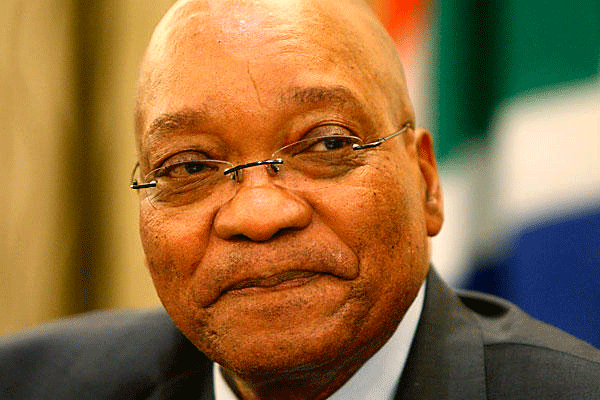
The post-independent Africa has continued its pursuit for democracy without much success. Democracy is seen as baptism or rite of passage into the modern-day world.
Develop me: Tapiwa Gomo

Once the international community, which plays the role of John the Baptist, approves a country as a democracy, access to opportunities, including international funding and credit lines are granted.
The journey to pursue democracy has not been smooth for many African countries, due to many vested and sometimes conflicting interests.
It is a necessary and yet painful and resource-intensive process, which has cost lives and livelihoods.
In Africa, the pursuit for democracy has left many countries in protracted conflicts, while others have failed to recover. We all love democracy. It is eternity, but not easy to achieve in situations crowded by interests.
South Africa is one of the few countries in Africa that has managed for the past 24 years to maintain a balance between nurturing democracy and pleasing the markets at the same time.
This has come at the expense of those historically marginalised by the apartheid system and colonisation. The structure is such that any attempt to address the historical imbalances threatens the markets, which is a metamorphosis of the historical imbalances.
- Chamisa under fire over US$120K donation
- Mavhunga puts DeMbare into Chibuku quarterfinals
- Pension funds bet on Cabora Bassa oilfields
- Councils defy govt fire tender directive
Keep Reading
In a way, independence only stopped the wars, changed the face of political leadership, but maintained the same economic status quo.
The challenge South Africa faces today is that the same markets have become the lifeline for the economy from which the citizens derive their livelihoods. What has been stolen from the people has become their lifeline under the ownership of those who stole from them.
Those who own the means of production determine and influence public opinion and, therefore, are ruling behind the scenes.
Why bother if the economy is stable? The historical imbalances that have caused the inequalities in South Africa have become a barrier to equality, accessing opportunities and a lifeline which should not be tampered with.
Democracy through its governance tools such as the Constitution has rationalised and legitimised these imbalances into a “new normal” by granting protection of both human rights to citizens and property rights to those who own the means of production.
The imbalances are now acceptable as the baseline and a frame of reference and idolised.
This scenario offset the benefits that come with democracy. As we have learnt, democracy is supposed to be an embodiment of human dignity in an environment where access to opportunities is clogged by the greedy for political power and accumulation of wealth.
It is a system of government in which the citizens are supposed to exercise power directly or elect representatives from among themselves to govern them. But this power is stifled by the historical imbalances.
Proponents of democracy suggest that it should be based on four main elements. The first element is that it is a political system that allows citizens to “freely” choose and replace their governments in what is assumed to be a free and fair electoral process.
The second element is that it should enable the active participation of citizens in decision-making processes.
The third is that human rights must be guaranteed and lastly that it should uphold the rule of law.
In theory, with these elements in place it is assumed that the people can freely choose, who to govern them and allow those who govern to do so in the interests of the people who choose them.
However, the presence of markets into this mix suggest that the citizens implement choices, which they do not make — but those of the markets. This is because markets represent jobs and access to services.
Markets, despite being faceless, to a large extent influence, who to govern without going to the ballot. They approve and reject decisions which influence public opinion. Take for example, every time President Jacob Zuma has hired or fired a Finance minister, the markets have reacted.
Each reaction has provoked public opinion and somewhat influenced voters despite that, as President of the country, Zuma has the right to hire and fire his ministers. What is influencing voters’ decisions is not the intentions of the decisions, but the market reaction and with that both the ability of a President of a country and that of citizens to make free choices is curtailed by the markets who within the realms of democracy have no space or role to play.
Who is this faceless market? In general economics, a market is a structure that allows trading and transactions among buyers and sellers and from which prices are determined. In modern day democracies, markets are supposed to be free from government intervention or self-regulating. In other words, markets is a place where capitalist multiply their wealth without government intervention and yet they have a role in government decisions.
Tapiwa Gomo is a development consultant based in Pretoria, South Africa











